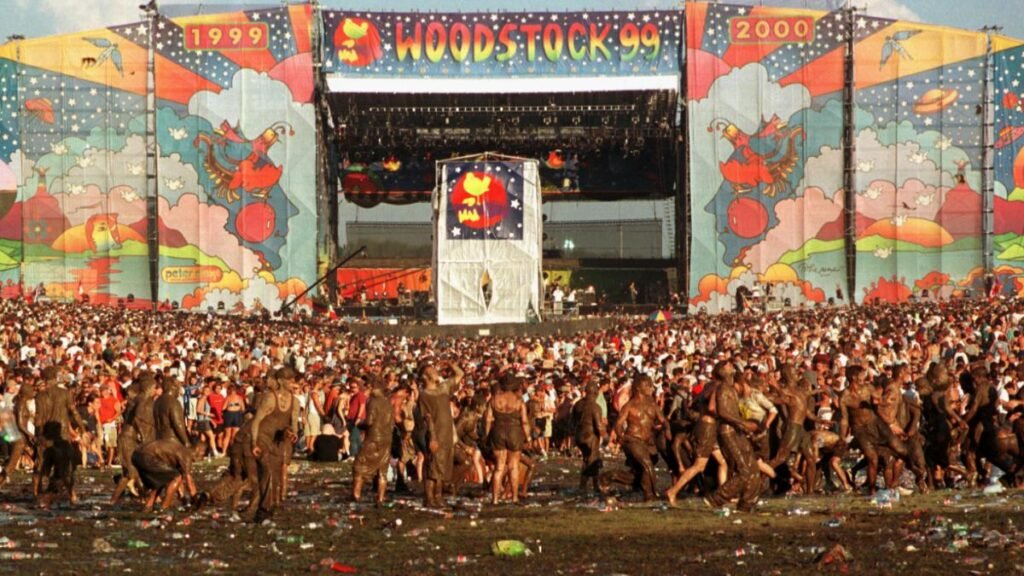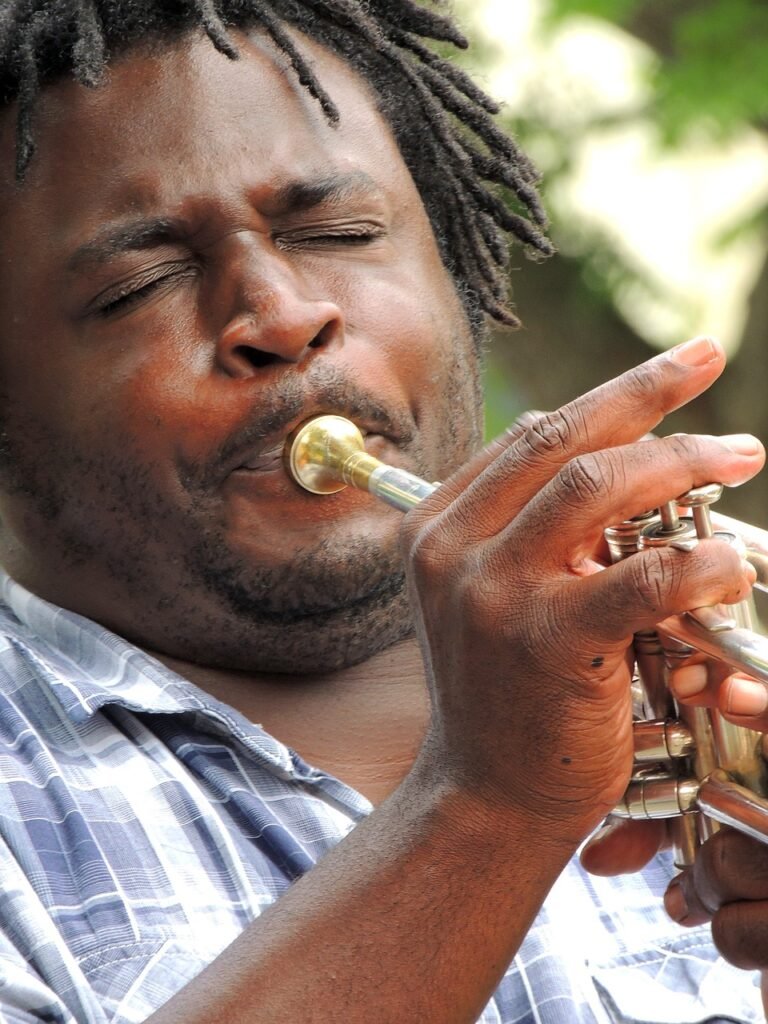There are these so called music festivals every FIVE (5) hours from each other on every beach town, every city and town near you!

In recent years, the term “music festival” has become increasingly synonymous with multiple-acts concert bills featuring an array of performers spanning various genres. However, what many attendees may not realize is that many of these so-called festivals bear little resemblance to the traditional, community-driven music festivals of yesteryear. The shift towards these multi-act events reveals a business model that prioritizes profit over the immersive, communal experience once synonymous with music festivals.

Traditionally, music festivals evoked images of sprawling campgrounds, vibrant communal spaces, and a sense of collective experience that extended beyond the stage. These festivals offered more than just music; they provided an opportunity for attendees to immerse themselves in a temporary community, with overnight camping and shared experiences forming the backbone of the event.
Fast forward to today, and many events labeled as “music festivals” have distanced themselves from this ideal. Instead of offering a multi-day retreat into a music-centric community, these events often resemble elaborate concert line-ups packed into a single day or weekend. Attendees flock to venues for a day filled with high-profile performances, but once the last act has left the stage, they return to their homes, motels, or local accommodations—often without the communal and immersive aspects that characterized traditional festivals.
The Business Model Behind Modern Music Festivals is about making money. The driving force behind this trend is a business model centered on maximizing revenue. By featuring a wide array of popular acts and charging premium prices for tickets, organizers can generate significant profits in a relatively short amount of time. Unlike traditional festivals that relied on extended stays and camping fees for additional revenue, these modern events capitalize on high ticket prices, sponsorship deals, and merchandise sales to boost their bottom line.
For promoters, this model is a quick and efficient way to rake in profits. The logistics of one-day or single-weekend festivals are less complex compared to managing multi-day camping events. There’s no need for extensive infrastructure to accommodate overnight guests or create community spaces—reducing operational costs and increasing profit margins.

Impact on Attendees and the Music Experience is to spend money and as much of it as possible. For attendees, the shift in the festival model can be a double-edged sword. While the opportunity to see a variety of big-name acts in one place is appealing, the lack of a community-driven, immersive experience can be disappointing. These events often focus more on providing a series of high-energy performances rather than fostering the sense of connection and shared experience that once defined music festivals.
Moreover, the rapid commercialization of these events can sometimes lead to a feeling of being a mere consumer rather than a participant in a larger communal experience. The emphasis on profitability can overshadow the more profound, culture-enriching aspects that drew people to festivals in the first place.
The Bottom Line is that the evolution of the music festival into a series of multiple-acts concert bills reflects a broader trend in the entertainment industry where profitability often takes precedence over experience. While this model undoubtedly offers convenience and a showcase of high-profile performances, it’s a far cry from the immersive, community-driven festivals that once captured the spirit of live music events.
As the landscape of music festivals continues to evolve, it’s important for both promoters and attendees to recognize the underlying business models shaping these events. For those nostalgic for the traditional festival experience, seeking out events that prioritize community and extended experiences may be the key to rekindling that sense of connection and shared passion that music festivals were originally meant to foster.

Music Festival Cancellations: The Consequences of Market Saturation. The once-thriving music festival scene is experiencing a wave of cancellations, a trend driven largely by market saturation and the ensuing economic pressures. As the number of festivals has surged over the past decade, organizers are finding it increasingly challenging to stand out, attract attendees, and make a profit. The result is a troubling pattern of event cancellations that is reshaping the landscape of live music experiences.

The Explosion of Music Festivals. The early 2000s saw a renaissance in music festivals, with new events springing up to meet the growing demand for live music experiences. From sprawling camping festivals to intimate urban gatherings, the variety of options seemed endless. Promoters capitalized on this enthusiasm, and soon, music festivals became a staple of the summer calendar.
However, the influx of festivals has led to market saturation. With so many events competing for a limited audience, the appeal of individual festivals has diminished. Promoters face the challenge of differentiating their offerings in an overcrowded market, often leading to overspending on high-profile acts and elaborate production setups. When the anticipated ticket sales don’t materialize, the financial strain can become untenable.
Economic Pressures and Financial Risks. One of the primary reasons for festival cancellations is the financial risk associated with organizing such large-scale events. Festivals require significant upfront investments, including costs for artist bookings, venue rentals, security, insurance, and infrastructure. When ticket sales fall short of expectations, these costs can quickly become unmanageable.
Moreover, the market’s saturation has created a competitive environment where festivals must continually outdo one another to attract attendees. This often results in escalating costs and increased financial pressure on organizers. For many, the financial burden becomes too great to bear, leading to last-minute cancellations or the complete dissolution of planned events.
The Impact on Attendees and the Industry. For music fans, the wave of festival cancellations is more than just a disappointment; it disrupts plans and reduces access to live music experiences. Festivals that are cancelled at the last minute can leave ticket holders scrambling for alternative entertainment options, often resulting in frustration and financial loss.
The cancellations also have a ripple effect throughout the industry. From vendors and suppliers to local businesses and hospitality sectors, the economic impact extends far beyond the festival itself. In some cases, cancellations can lead to job losses and financial hardship for those who depend on the festival economy.
The Road Ahead: Adapting to a Changing Landscape as the festival market continues to evolve, organizers must adapt to the changing landscape. Some are responding by rethinking their approach, focusing on niche markets or unique experiences that set them apart from the competition. Others are embracing a more sustainable model, with smaller, more intimate events that prioritize quality over quantity.
The rise of hybrid and virtual events is also reshaping the festival scene. With advancements in technology, festivals can now offer virtual experiences that complement or even replace traditional in-person gatherings. This approach not only broadens accessibility but also helps mitigate some of the financial risks associated with large-scale events.
The recent wave of music festival cancellations underscores the challenges faced by an oversaturated market. While the proliferation of festivals has offered a wealth of options for music lovers, it has also created significant financial pressures for organizers. As the industry adapts to these challenges, both promoters and attendees will need to navigate a rapidly changing landscape that prioritizes sustainability, innovation, and a renewed focus on unique, community-driven experiences.



